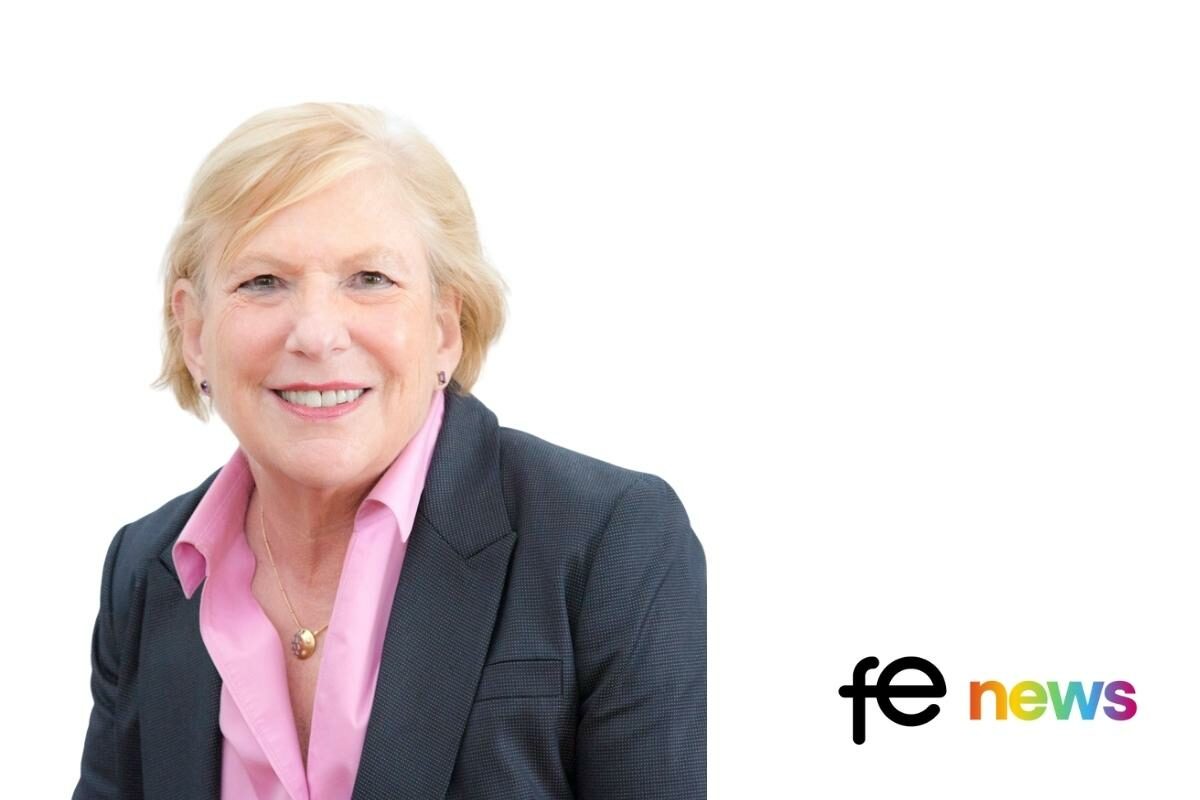“Schools must play a vital role in eradicating gender abuse and bias”

Deciding whether to opt for a single sex or a mixed sex education setting is a quandary that affects many parents. All parents want to make the right choice for their child, and indeed different children may be suited to different environments.
Throughout my 40 years working in education, there has been significant progression towards a more balanced and equal society, but it is clear we still have a long way to go.
I believe thataddressing gender equality within education from a young age, offers the best chance to mitigate future gender abuse and inequality in many aspects of life, including in the workplace and in relationships.
At Abercorn, children arenurtured from the age of 2 in a mixed-sex environment, which I believe gives them a more realistic grounding for the future world. A mixed sex approach to academic, sporting, creative and pastoral education from the early ages of a pupil’s life hastangible benefit for children’s personal development, and enables pupils to form authentic, meaningful, and respectful relationships that are not differentiated by a perceived gender line.
I also maintain thata clear non-gendered approach to early education which has the capability to be at the forefront of social change, would provide a quicker, more natural route to much-needed gender equality, than having to tackle the issue subsequently in the workplace, where longer-established and deeper-rooted gender biases are often already established.
Schools,whether they are mixed sex or single sex, should offer all academic, sporting, creative and pastoral subjects to both boys and girls to ensure that subjects and activities should no longer be predicated by gender. I believe it is vitally important that girls are offered the same opportunities to learn STEM subjects and participate in typically male dominated sports like football and rugby, and equally, all boys are actively encouraged to study subjects which once belonged to an old-fashioned tired mentality which dictated what a ‘female’ subject and profession should be.
Even in countries like Norway, which is largely considered to foster one of the most open and equal societies between genders, two of the most gender-segregated occupations are nursing (90% women) and engineering (90% men).
At Abercorn, all children are encouraged to pursue their interests regardless of their own gender status, with all boys and girls participating in sports with mixed teams for sports such as hockey, football, and netball. All our students also take part in yoga sessions, as we place particular importance on wellbeing, in addition to academic excellence. Cooking, woodwork, and sewing are taught to both genders under the umbrella of ‘Design Technology’, while all pupils are actively encouraged to study STEM subjects such as ICT and coding in an age-appropriate way from 2 years of age.
I believe that schools in the UK have an opportunity to become leaders in offering a more open education where gender bias to academia and pastoral care is eradicated. As a new generation emerges, schools have a responsibility to accelerate gender equality, facilitating societal change from the very early stages of a child’s development. Mixed sex environments are preparing the future generation for a balanced world, and an equal workplace.
By Andrea Greystoke, the Founder of Abercorn, a ‘family’ of schools located in central London











Responses